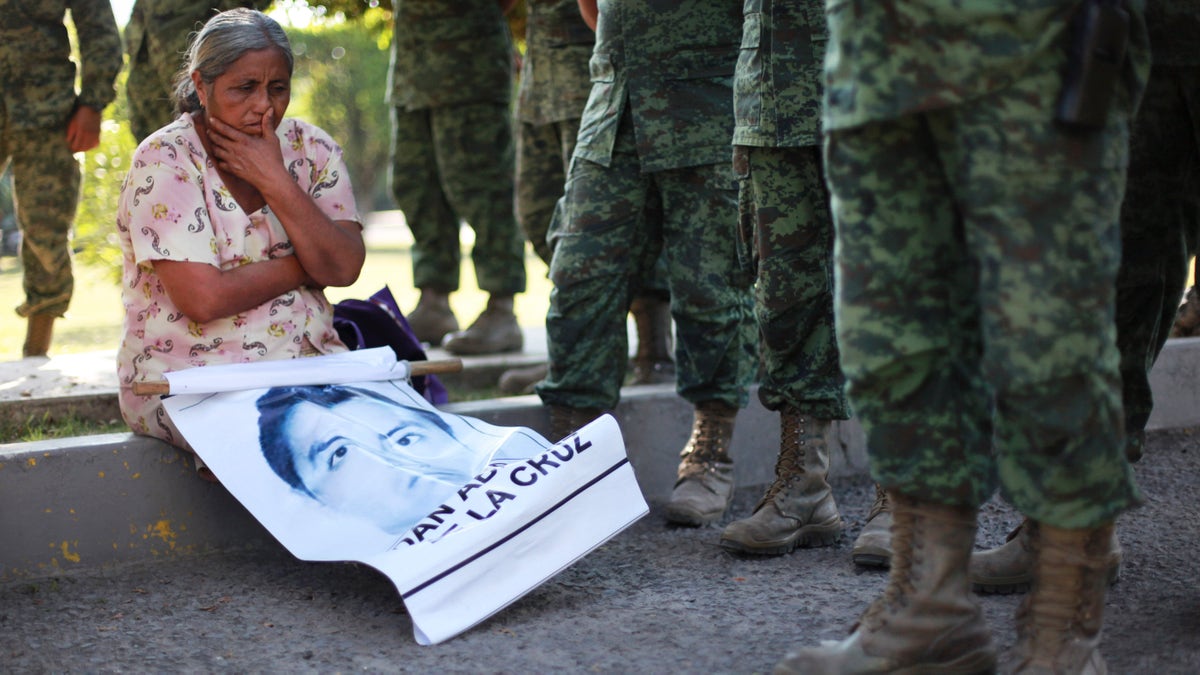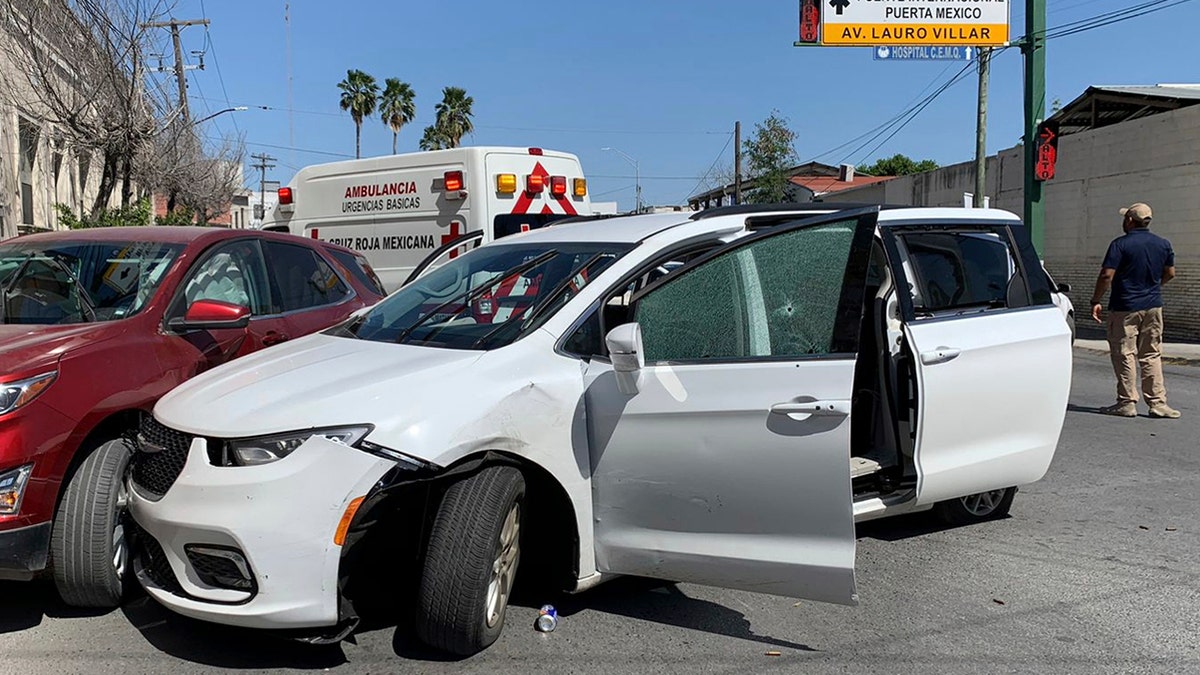Is paradise truly lost? Recent events in Mexico, particularly in areas popular with tourists, are raising serious questions about safety and security, prompting travelers to reconsider their plans and authorities to issue warnings.
The idyllic image of Cabo San Lucas, a jewel on the Baja California peninsula, has been tarnished by a series of incidents that have shaken the confidence of potential visitors. One pharmacist, for instance, canceled a planned vacation after her husband learned of a horrific event: the kidnapping and murder of four individuals at a restaurant in Cabo San Lucas. This chilling news, unfortunately, is not an isolated incident.
The U.S. State Department acknowledges the prevalence of "violent crime" throughout Mexico, even though there are currently no travel restrictions specifically for Cabo San Lucas. However, they do advise travelers to re-evaluate their plans for Baja California due to the risks of both crime and kidnapping. This cautious approach highlights the complex security situation and the challenges of balancing the desire for tourism with the paramount need to protect lives.
Adding to these concerns is the rapid proliferation of cybercrime, which worries public safety officials in Los Cabos. According to Alfredo Cancino Vicente, representing the public security secretariat of Baja California Sur, the escalating cybercrime, encompassing activities like virtual kidnapping and extortion, is a particularly alarming trend.
The story, however, doesn't end there. In a tragic incident earlier this month, four Americans were kidnapped shortly after crossing into Mexico. While two of them survived the ordeal, two others tragically lost their lives. These events, including the killing of two Americans in Matamoros, Mexico, have cast a dark shadow over the region, prompting authorities to issue warnings and travelers to reassess their safety.
John Tallman, a resident of Cabo San Lucas for 17 years, who frequently visits San Diego for work, reports feeling safe at home but acknowledges that recent violence has created a sense of unease. His experience underscores the nuanced reality, where long-term residents may have a different perspective than short-term tourists, yet still acknowledge the shifting security landscape.
The surge in violence, particularly in the municipality of Los Cabos, which includes Cabo San Lucas and San Jose del Cabo, has contributed to a higher murder rate in Baja California Sur over the past three years. The presence of rival cartel groups, as evidenced by the violence in the border city of Tamaulipas, is also a major factor.
As the spring break travel season gets underway, the warnings from authorities are becoming increasingly urgent. The incidents involving kidnapped and murdered Americans have prompted authorities to warn against traveling to certain parts of Mexico. The State Department travel advisories, especially for visitors in tourist areas, haven't been relaxed.
The risks are not limited to physical threats. The potential for identity theft and extortion is also a significant concern. Criminals can exploit information obtained from visitors, potentially leading to virtual kidnapping, extortion, and private data theft. Providing sensitive information, like passports and driver's licenses, should be minimized unless absolutely essential.
The story of the four Americans kidnapped, two of whom were killed, provides a tragic illustration of the dangers that can exist in Mexico. The episode, occurring shortly after their border crossing, highlights the need for caution and heightened awareness.
Furthermore, a travel advisory updated by the State Department for U.S. citizens was issued. While Cabo San Lucas is open to travelers, the updated advisory underscores the complex security dynamics in the region.
In December, a distressing event unfolded when a California teacher visiting his wife's family in Durango, Mexico, was kidnapped along with six relatives. Sadly, they were later found murdered. This incident, although not directly linked to Cabo, underlines the scope of violence across various parts of the country.
Another issue to be aware of is that there are tour companies taking advantage of tourists by acquiring names, taking them to side tours, and selling time shares. This problem is not only limited to the tourist environment; some travel agents and airport transport companies are also known to sell names.
For government employees, strict restrictions have been put in place. They are ordered to avoid all travel in the areas of Reynosa and Rio Bravo outside of daylight hours and to avoid using dirt roads throughout Tamaulipas.
Despite the risks, Cabo San Lucas remains a popular destination. In 2022, the city welcomed 2.13 million U.S. visitors, continuing its pattern of breaking tourism records in 2023. However, these numbers should not obscure the need for vigilance.
The unfortunate incidents that occur in Mexico must be kept in mind. The story of the four Americans kidnapped and murdered is an example of the dangers faced. A pharmacist's decision to cancel their vacation is a case where caution is exercised.
Authorities advise visitors to be alert of their surroundings and take the necessary precautions, in the same way as in an unfamiliar city.
| Incident Summary | Details |
|---|---|
| Location | Cabo San Lucas, Baja California Sur, Mexico; Matamoros, Tamaulipas, Mexico |
| Date(s) | March 2023 (various incidents) |
| Nature of Incidents | Kidnappings, murders, cybercrime |
| Victims | Tourists (US citizens), local residents |
| Perpetrators | Cartel groups, cybercriminals |
| Government Response | U.S. State Department travel advisories; local authorities investigating |
| Recommendations | Exercise caution, be aware of surroundings, reconsider travel to certain areas, protect personal information |
| Cybercrime Concerns | Virtual kidnapping, extortion, data theft |
| Tourism Impact | Potential decrease in tourism, cancellations of travel plans |
U.S. State Department - Mexico Travel Advisory


